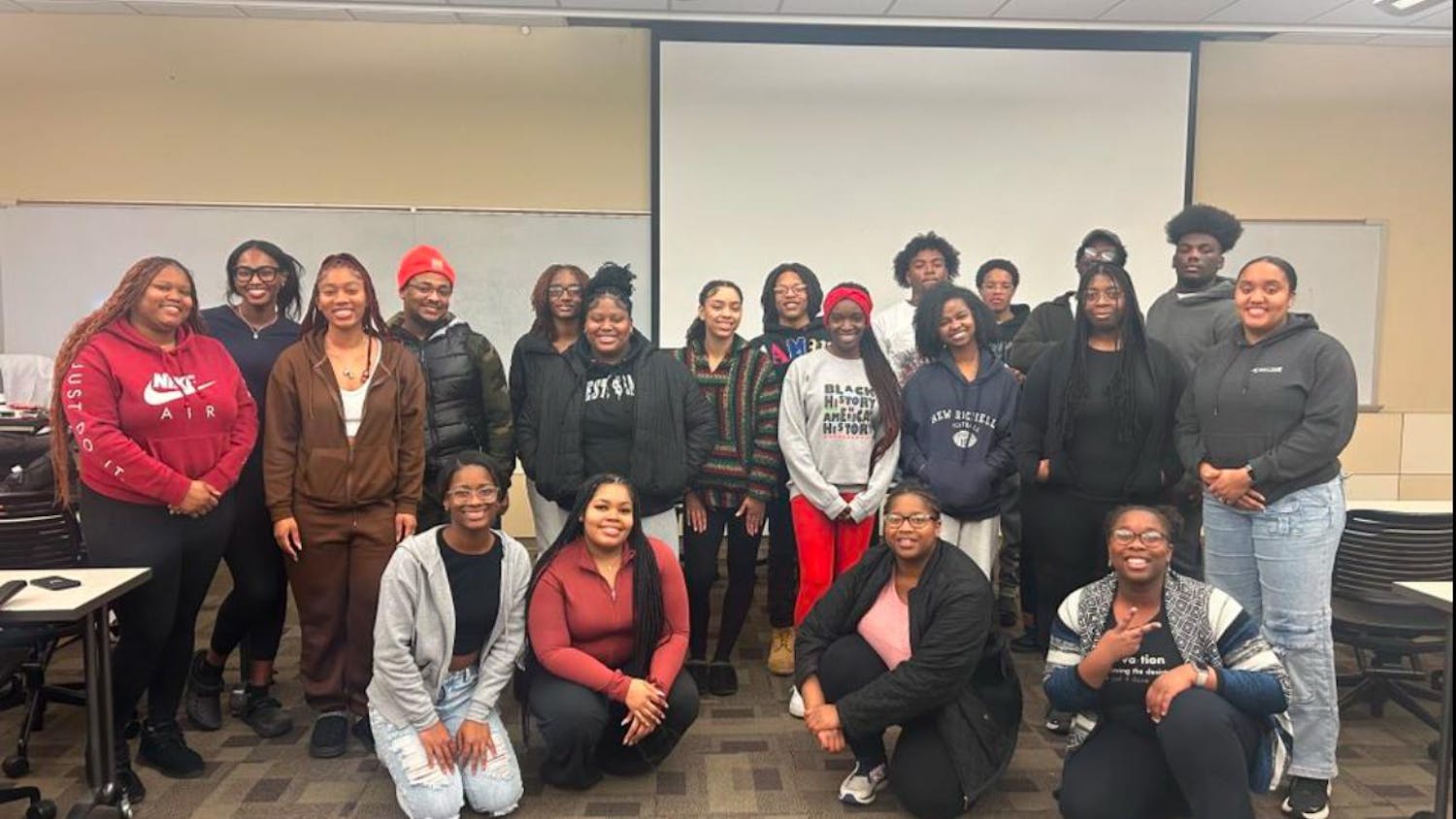Over the next several years, three languages will be phased out of the university’s curriculum. These languages include Italian, Japanese and Russian.
While this change has been decided solely due to recent budget restraints, Italian and Russian have struggled with enrollment in the higher level courses. However, Japanese has maintained a positive flow of students.
"With Japanese, we offer three years of it, and the enrollment has been firm and steady with very good enrollment,” Marie Hertzler, Chair of the Department of Modern Languages.
These languages were susceptible for removal due to the lack of full-time staff.
"In those three languages, we have adjunct professors teaching, and we don't have any full time or permanent professors in those languages,” Hertzler said. “So those languages are vulnerable because there are adjunct faculty teaching it."
Students who are currently enrolled in these three languages will have the opportunity to finish the classes needed to finish their language requirements or degree, as long as the classes are taken in succession and are passed with the required grade.
Five languages will remain at Wright State, including Arabic, Chinese, French, German and Spanish.
"We have full-time faculty in those languages, and we really want to keep those languages robust,” Hertzler said.
The Department of Modern Languages will be impacted just as much as the students. "We're all dismayed, we're all disappointed. We all prefer this would not happen,” Hertzler said. "We are all in support of the three languages and the professors, the adjunct professors who are teaching those languages."
Hertzler encourages all student to enroll in languages, due to the many benefits it has both in Wright State as well as helping to acquire skills when getting a job after graduating.
"Cultural competency is important, even when you work in an American business with American employees, but many of us come from different cultural backgrounds,”
Yuliya Walsh, an adjunct professor of Russian, views this an issue compounding a larger issue the country is facing.
“Russian is one of the six super critical language named by U.S Department of State,” Walsh said.
According to the University of Maryland, a critical language is considered as a language where more trained speakers are needed than available. The degree of difficulty is what causes the need for speakers.
“Our country needs specialist with the knowledge of Russian languagein order to understand, predict and deal appropriately with Russia,” Walsh said. “Ask yourself how many countries came up during 2016 presidential debates? Russia and Putin came up a lot! It is important that the U.S has trained in Russian professionals. Wright State is a large state university. Who else if not a state university should train those highly demanded specialists proficient in Russian?”












